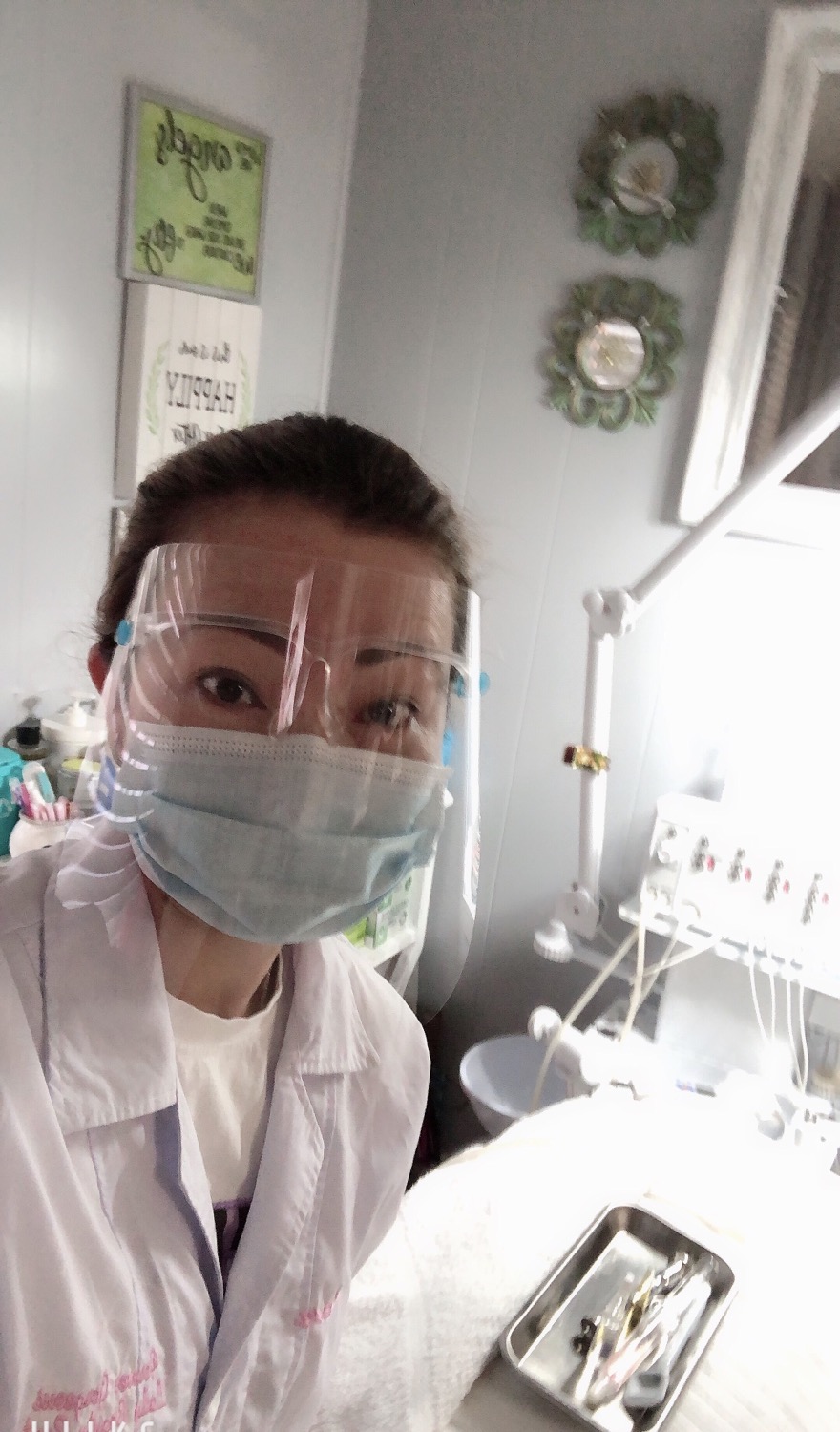What your skin says about your health
- Yen Ingram

- Oct 31, 2020
- 2 min read
Updated: Dec 9, 2020
As everyone know, your skin is the largest organ, vital for protecting you from the sun’s rays, germs, toxins and other harmful substances you may come in contact with. It also helps with things like temperature regulation, vitamin production, and immune defense. Because it’s the largest organ, the skin requires a lot of maintenance and upkeep on the outside, as well as the inside.
Just looking at your skin can tell you a lot. Your age, habits and overall health can all be determined by your skin.
Dry, itchy skin, sensitive skin. If you’re applying moisturizer often or and don’t see much change in the condition of your skin, it know as eczema. This skin condition is often very itchy and causes dry, cracked skin, redness, and irritation.
Rosacea is facial redness. A condition that causes redness and often small, red, pus-filled bumps on the face. These irritants pass through the weakened protective barrier, they trigger our immune system to respond by swelling the affected area with blood. This inflamed state is further irritated by certain foods, temperature and humidity, stress levels, and even intense exercise…A compromised skin barrier can lead to dryness and itching—and aggravate skin conditions like eczema and psoriasis. A moisturizing cream can help reinforce the skin barrier with hydrating ingredients such as hyaluronic acid, or a ceramide cream that replenishes essential skin barrier components.
Melasma or hyperpigmentation is a tan or dark skin discoloration. It appears mostly on our cheeks. Melasma is thought to be caused by sun exposure, genetic, hormone changes, and skin irritation. Melasma is particularly common in women, especially pregnant women and dark color skin people. Some laser treatment can help to remove partial it slowly.
Lifelong sun exposure can cause freckles, sunspots, age spot, and wrinkles appear on your skin. Most sun damage occurs in childhood and teenage years and can lead to skin cancer sometimes. Please wear sun screen everyday.
Sebum is vital for keeping the skin healthy. However, too much sebum can lead to oily skin, clogged pores, and acne. There are several factors that may contribute to its development. This includes genetics, as well as hormonal fluctuations that occur during puberty, pregnancy, and before or during women’s menstrual cycles. Acne can also be triggered by stress, poor diet, oil-clogging beauty products, and medication such as birth control. Managing acne skin often requires a person making regular skin care a habit.
Over all, there are many things you can do to keep your skin healthy and vibrant. Staying hydrated by drinking lots of water and avoiding things that dehydrate your skin (excessive alcohol and caffeine) is a good start. Avoiding excess exposure to the sun, not smoking, adhering to a healthy diet and getting a good night’s sleep can also help.
Happy skin equal happy us. love
✨DDD✨









Comments